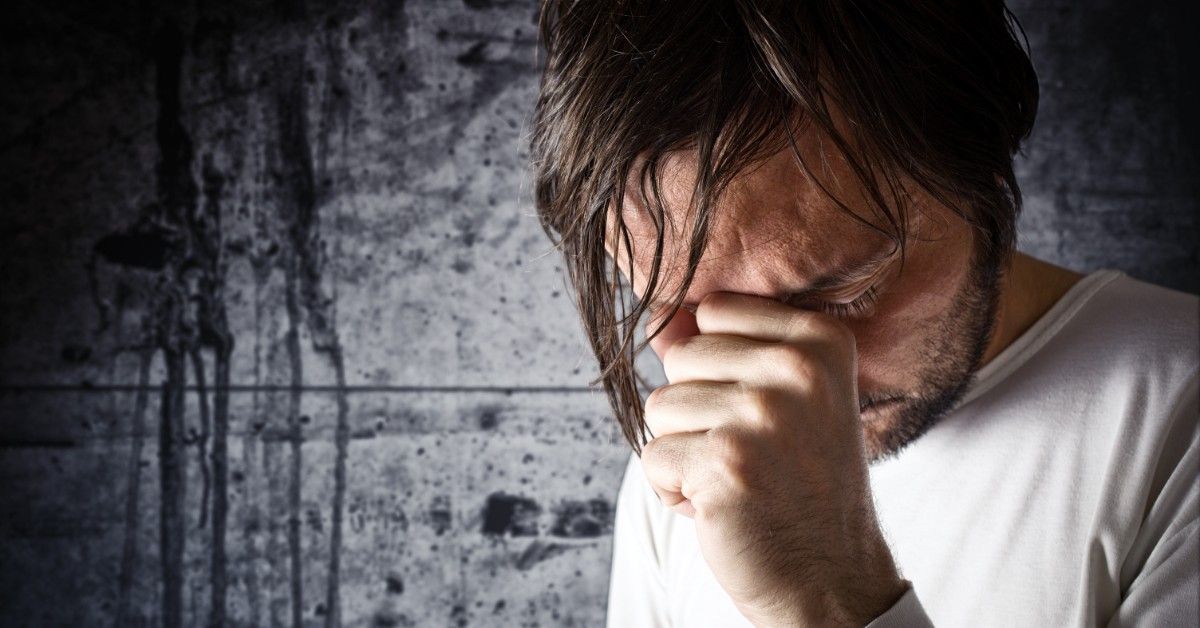Mental Health Clinic - Carbondale IL
What Causes Depression

The Albany Clinic • Oct 09, 2022
Depending on your moods and how you deal with them, nearly all facets of your life can be turned upside down if you’re experiencing long-term depression. Identifying symptoms is critical in finding effective treatment, but also knowing what can worsen your condition is important, too.
According to the National Alliance on Mental Illness , depressive disorder, more commonly referred to as depression, is greater than just being sad or navigating through a tough stretch of life. It’s a severe mental health illness that demands understanding and medical attention. If ignored, depression can be devastating for anyone who has it and their families. Early detection, combined with diagnosis and treatment, including medicine, psychotherapy, and healthy living, can help many people to get better.
What is Depression?
Depression is a type of mood disorder that is characterized by a perpetual feeling of desolation and sorrow. It is different from grief or temporary sadness over a loss or unpleasant event. It is a prolonged feeling of sadness, cheerlessness, or total displeasure with life.
We all experience occasional down moments. It is very normal to feel blue or experience sadness over an unpleasant experience. However, this feeling is very much different from depression. Depression entails a constant feeling of sadness, tiredness, and self-loathing.
While there are always identifiable reasons for grief or normal sadness, there might be no obvious reasons for depression. Oftentimes, depressed people are not able to explain why they feel the way they do.
Causes of Depression
Clinical depression is a very complex condition. There are no clear causes of depression. People get depressed for several reasons and sometimes for no obvious reasons.
Some of the observed spurs of depression include:
Genetics
Genes are sometimes responsible for depression in people. People from families with a history of depression have higher risks of being depressed than others. It is also common to see multiple siblings or cousins diagnosed with clinical depression.
According to Healthline.com, people who have a family history of depression are five times more likely to have it than people who don’t.
However, depression is not a purely genetic disease. There are many other factors responsible for depression.
Chemical Imbalance
Depression has also been said to result from chemical imbalances in the brain. These imbalances happen when the brain has either insufficient or insufficient neurotransmitters. These are also called chemical messengers.
There are parts of the brain responsible for regulating moods and emotions. These include the hippocampus and frontal lobe. Changes in these structures have been linked to mental health diseases like depression.
However, many scientists have disputed this theory. Some believe chemical imbalances have no impact on mood.
Hormonal Changes
Another trigger for depression is alterations in hormone functioning and production. Hormones help control most of the body’s processes, reproduction, and metabolism. Changes in hormone or hormonal imbalances can result in mental health issues.
Major hormone changes can be traced to several factors. These include:
- Medical issues related to ovulation or menstrual cycle
- Puberty
- Pregnancy and Childbirth
- Onset of menopause
- Medical conditions like Osteoporosis, thyroid problems, and many more
A major type of depression caused by hormonal changes is postpartum depression. This is a form of depression developed by new mothers. It occurs just after giving birth and can last a while.
Medication and Substance Abuse
Depression can also be induced by certain medications. Feelings of sadness and discouragement are side effects of some medicines. For example, isotretinoin, a treatment for acne, has been observed to trigger depression in some people. Other types of these medications include contraceptives, stations, and high blood pressure drugs.
It is estimated that one-third of depressed people abuse drugs. Drug use only intensifies feelings of sadness and may trigger self-hurt and other destructive behaviors.
Situational Causes
Several unfavorable situations, such as abuse and major life changes, can also cause depression. Many cases of depression have been linked to childhood trauma, such as accidents or parents’ divorce.
Also, major events such as relocation, marriage, divorce, losing a job, graduation, and retirement can trigger depression.
Other causes of depression include:
- Gender identity
- Personal problems
- Medical conditions
- Vitamin D deficiency
- Socioeconomic Status
Conclusion
While some people diagnosed with clinical depression might be able to identify the cause of their predicament, many others can not. Sometimes, seemingly perfect people with no clear reason suffer chronic depression.
Although medical diagnosis might be able to detect depression and its level of severity, it might be more difficult to identify the causes. Nonetheless, depression is treatable and can be managed with treatments like ketamine infusion therapy. Contact us today to get started.
The post What Causes Depression appeared first on The Albany Clinic.

At the Albany Clinic, our goal is to make you comfortable and provide relief for your symptoms. We accomplish this with a warm atmosphere, a caring and competent staff, and a state-of-the-art facility.
Leave Us a Review
Click The Google Image Below
Easily scan the QR code below with your mobile phone camera to leave us a Google review.

Quick Links
All Rights Reserved





